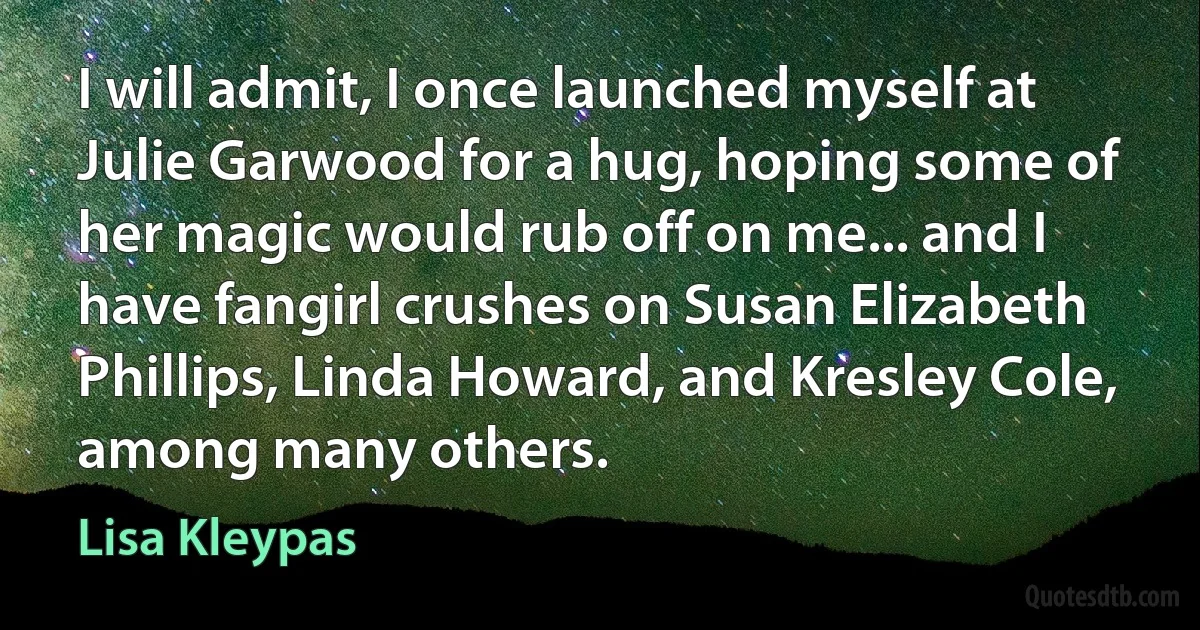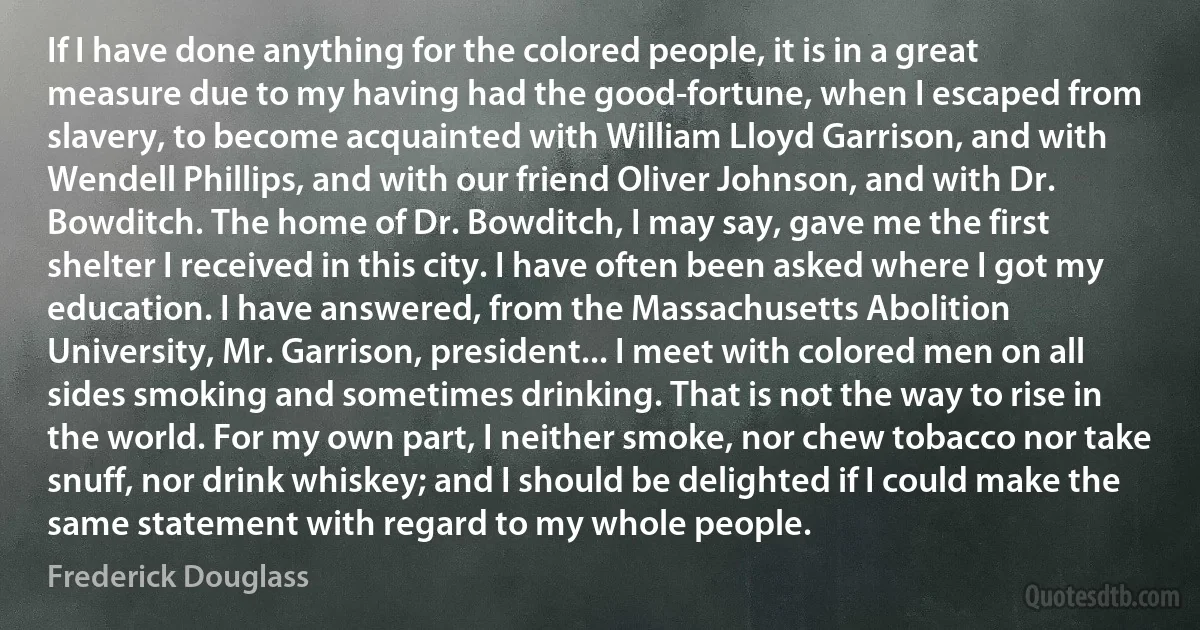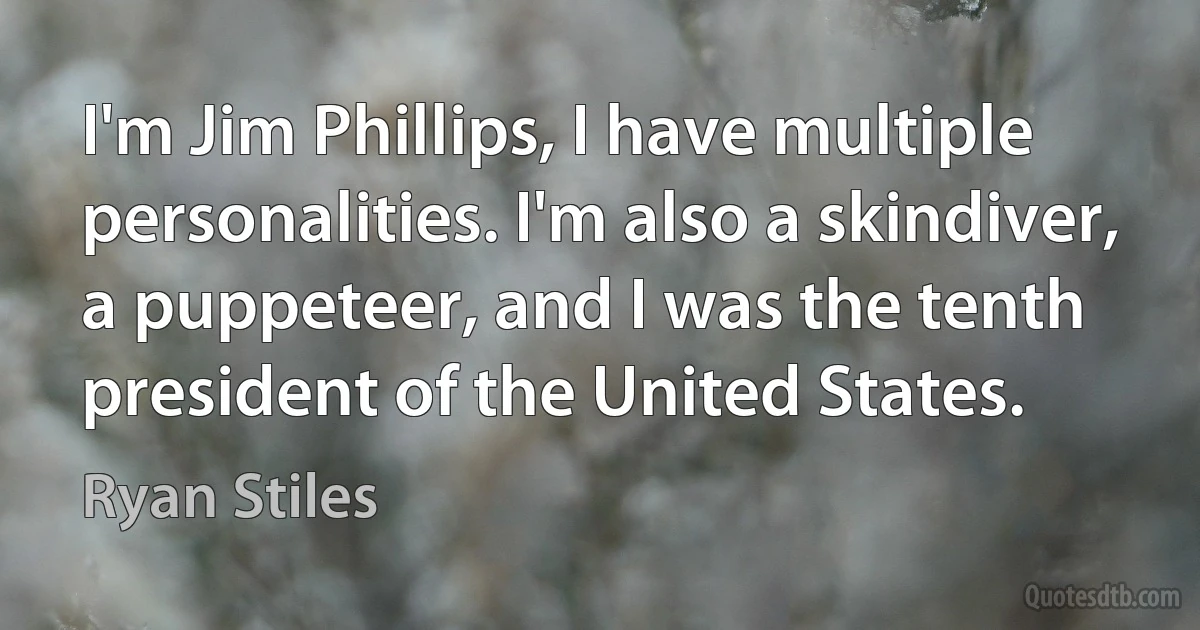Phillips Quotes
Mass immigration is swamping the GOP base. Tens of millions of immigrants who vote Democratic, once they are naturalized and registered, have come and are coming to America. History may yet record that the Immigration Act of 1965 act converted 'The Emerging Republican Majority' of Kevin Phillips' classic work into the Lost Colony of the 21st century.

Pat Buchanan
[The draft] should be called slavery, involuntary servitude.
Howard Phillips: It violates the 13th amendment, which prohibits involuntary servitude.
Ron Paul: Yeah, and the argument that I've always resented the most was, if you're 18 year old you owe it to your country. I've always wondered why the guy who's 58 and had a million bucks and hadn't served, why doesn't he owe more to this country, maybe he should be on the frontline. 18 year old didn't get anything yet, and he has to go and risk his life.

Ron Paul
The good Lord had had a chance for a long time before the abolition. I believe that there is a moral government; and that God reigns. I am no pessimist; I give thanks to the good Lord, and also to the good men through whom He has worked. Prominent among them was Garrison, and scarcely less so was Phillips. It was they and their associates who made Abraham Lincoln and the Republican party possible. What abolished slavery was the moral sentiment which had been created, not by the pulpit, but by the Garrisonian platform. The churches did not do much to abolish slavery; but they did much to keep the agitation down.

Frederick Douglass
I met Lindsey in high school in San Francisco. We had gone to some party and he was sitting in the middle of this gorgeous living room playing a song. I walked over and stood next to him, and the song was "California Dreaming," and I just started singing with him. And so I just threw in my Michelle Phillips harmony, and he was so beautiful. And then I didn't really see him again until two years later, when he called me and asked me if I wanted to be in his rock 'n' roll band, which I didn't even know existed. And within two or three months we were opening for Jimi Hendrix, Janis Joplin, all the San Francisco bands. Two years later, we packed up and moved to Los Angeles with about 12 demos.

Stevie Nicks
A great many individuals ever since the rise of the mathematical method, have, each for himself, attacked its direct and indirect consequences. ...I shall call each of these persons a paradoxer, and his system a paradox. I use the word in the old sense: ...something which is apart from general opinion, either in subject-matter, method, or conclusion. ...Thus in the sixteenth century many spoke of the earth's motion as the paradox of Copernicus, who held the ingenuity of that theory in very high esteem, and some, I think, who even inclined towards it. In the seventeenth century, the depravation of meaning took place... Phillips says paradox is "a thing which seemeth strange"-here is the old meaning...-"and absurd, and is contrary to common opinion," which is an addition due to his own time.

Augustus De Morgan
Let him fall if he cannot stand alone! If the Negro cannot live by the line of eternal justice, so beautifully pictured to you in the illustration used by Mr. Phillips, the fault will not be yours, it will be his who made the Negro, and established that line for his government. Let him live or die by that. If you will only untie his hands, and give him a chance, I think he will live. He will work as readily for himself as the white man. A great many delusions have been swept away by this war. One was, that the Negro would not work; he has proved his ability to work. Another was, that the Negro would not fight; that he possessed only the most sheepish attributes of humanity; was a perfect lamb, or an "Uncle Tom;” disposed to take off his coat whenever required, fold his hands, and be whipped by anybody who wanted to whip him. But the war has proved that there is a great deal of human nature in the Negro.

Frederick Douglass
Women are stripped to the skin in the presence of leering, white-skinned, black-hearted brutes and lashed into insensibility and strangled to death from the limbs of trees. A girl child of fifteen years was lynched recently by these brutal bullies. Where has justice fled? The eloquence of Wendell Phillips is silent now. John Brown's body lies moldering in the grave. But will his spirit lie there moldering, too? Brutes, inhuman monsters-you heartless brutes-you whom nature forms by molding you in it, deceive not yourselves by thinking that another John Brown will not arise.

Lucy Parsons
Robert G. Ingersoll and Wendell Phillips were the two greatest orators of their time, and probably of all time. Their power sprang from their passion for freedom, for truth, for justice, for a world filled with light and with happy human beings. But for this divine passion neither would have scaled the sublime heights of immortal achievement. The sacred fire burned within them and when they were aroused it flashed from their eyes and rolled from their inspired lips in torrents of eloquence.

Eugene V. Debs
Bill Phillips was this nervous, chain-smoking student. He had signed up to be an engineer, he had gone away to fight in the Second World War, he had come back. He had switched to sociology because he wanted to understand how people could do these terrible things to each other. And he did a little bit of economics on the side.

Tim Harford
People assume that there must have been tension between us, but the truth is I wanted to be just like Cass. Cass liberated me; she stopped John [Phillips] trying to have too much control over me. She taught me a lot about feminism, and she always encouraged me, although I was obviously inferior to her as a singer.

Michelle Phillips
The Rock: I have so much love and respect for the fans. I'll never forget where I came from. I love the business. I grew up in the business. And everyone always asks me, from Letterman to Stone Phillips, what I miss about wrestling. Hands down, I miss the interaction with the fans. Outside of the ring I loved it, too. I mean, how hard is it to sign an autograph? Don't be an asshole to your fans. And there's many [in WWE] that won't, which is bullshit. But inside the ring, just that energy and feeding off that energy is great. There's something so special about it. And every night I would just have a blueprint of what I would say and rely so much on ad-libbing and waiting to see what happens when I get out there and let it materialize organically and see what happens. Every night was a different crowd and they gave me so much energy, and I'll always love that and always miss that for sure.

Dwayne Johnson
Okay, thees Hench no good, but poor guy, drunk, no job. Pay no rent, but I got lotsa money. So I say, Look, Hench, you make the confess. You sick man. Two three weeks sick. You go into court. I have a lawyer for you. You say to hell with the confess. I was drunk. The damn coppers are stuck. The judge he turn you loose and you come back to me and I take care of you. Okay? So Hench say okay, make the confess. That's all.'
I said: 'And after two or three weeks the bad brother is a long way from here and the trail is cold and the cops will likely just write the Phillips killing off as unsolved. Is that it?

Raymond Chandler
By and large, the making of motion pictures is all about, 'Let's ratchet it up.' And I always think, 'We don't need to ratchet this up.' If you do, don't call it 'Captain Phillips' or 'The Maersk Alabama.' Call it something else, and then you have carte blanche to do anything, down to sea serpents and aliens.

Tom Hanks
My 'morals' were sound, even a bit puritanic, but when a hidebound old deacon inveighed against dancing I rebelled. By the time of graduation I was still a 'believer' in orthodox religion, but had strong questions which were encouraged at Harvard. In Germany I became a freethinker and when I came to teach at an orthodox Methodist Negro school I was soon regarded with suspicion, especially when I refused to lead the students in public prayer. When I became head of a department at Atlanta, the engagement was held up because again I balked at leading in prayer. I refused to teach Sunday school. When Archdeacon Henry Phillips, my last rector, died, I flatly refused again to join any church or sign any church creed. From my 30th year on I have increasingly regarded the church as an institution which defended such evils as slavery, color caste, exploitation of labor and war..

W. E. B. Du Bois



